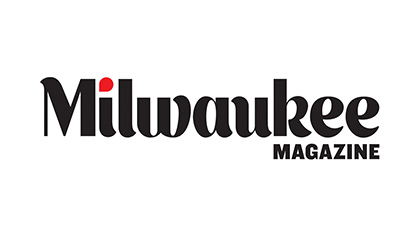
Thanks to the computerization of medical records, the illegible scrawl of your doctor is mostly a thing of the past. Soon to be gone, too, might be the misunderstandings some patients have after they leave the doctor’s office – thanks to an initiative called OpenNotes.
Pioneered in Wisconsin by the Columbia St. Mary’s health care system, OpenNotes allows patients round-the-clock access to important medical information. That includes doctors’ observations, diagnoses, prognoses, instructions, test results, prescriptions, next steps and email communications. Patients access their files through a secure, online patient portal and can share the password with family members.
Although health care systems are required by law to allow patients access to their records – and many Milwaukee-area health care organizations do provide online access for those records – OpenNotes goes one step further. Patients not only see a summary, but their entire clinical medical record, including notes from conversations, is accessible. “You, the patient, get to see what you told me and what I told you,” says Dr. Bruce McCarthy, an internist and president of Columbia St. Mary’s physician division. “It’s not a summary. It’s like being able to hit a replay button on your visit to the doctor.”
McCarthy became interested in OpenNotes as his own mother got older and more forgetful. Her doctor was a friend of his, so he could call and ask what was actually going on. “But you shouldn’t have to be someone special to have that kind of access,” he says.
OpenNotes was tested nationally by 105 primary care doctors and 19,000 patients at three sites across the country. A study of OpenNotes showed that 99 percent of patients were enthusiastic about using the program. Doctors – who mostly had concerns about increased note-taking – were enthusiastic, too, with only 5 percent indicating a significant impact on their workload.
McCarthy adds: “It does take a little more work to phrase notes in a way that won’t worry patients and that doesn’t come across as judgmental.” But, he says, “it’s worth it.”
Another enthusiastic supporter of OpenNotes is Dr. Mark Horneffer, an internist and chair of CSM’s department of medicine. “My patients who have tried OpenNotes say it makes them feel much more like a member of the team,” he says. “It gives them more of a voice in their decision making. And the more complicated their medical situation, the more they love this idea.”
Read the full article here.



